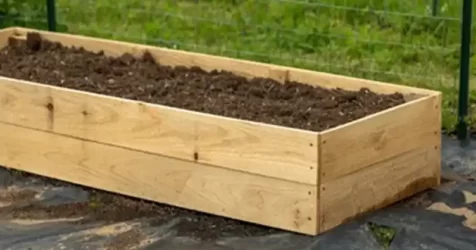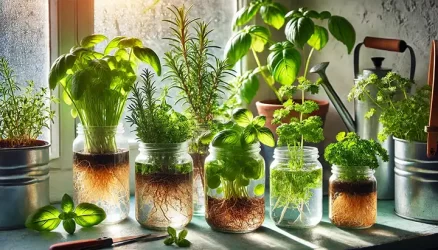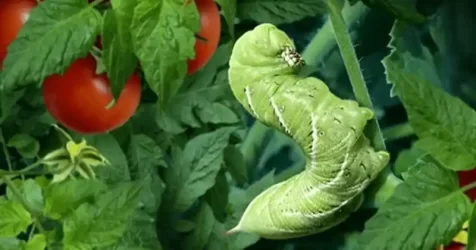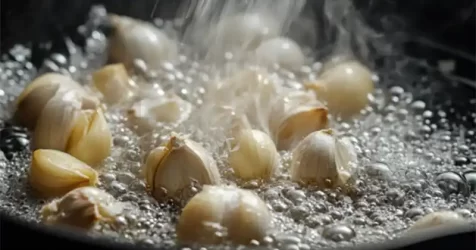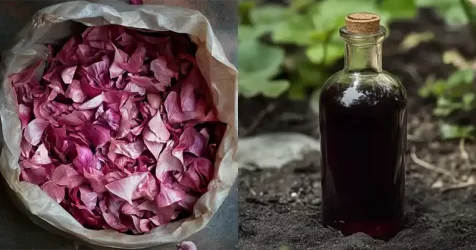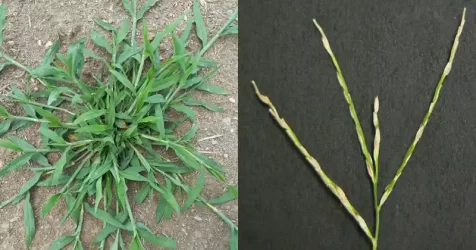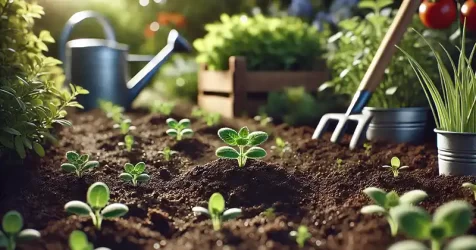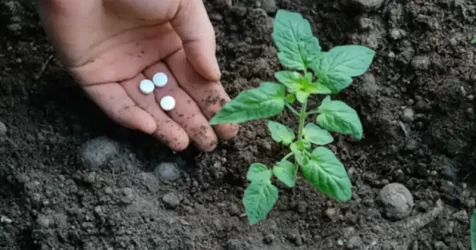How to Grow Black Cardamom Plant at Home (From Seed)
Growing black cardamom at home from seed involves a meticulous process to nurture this aromatic spice. Here’s a detailed guide to help you achieve success:
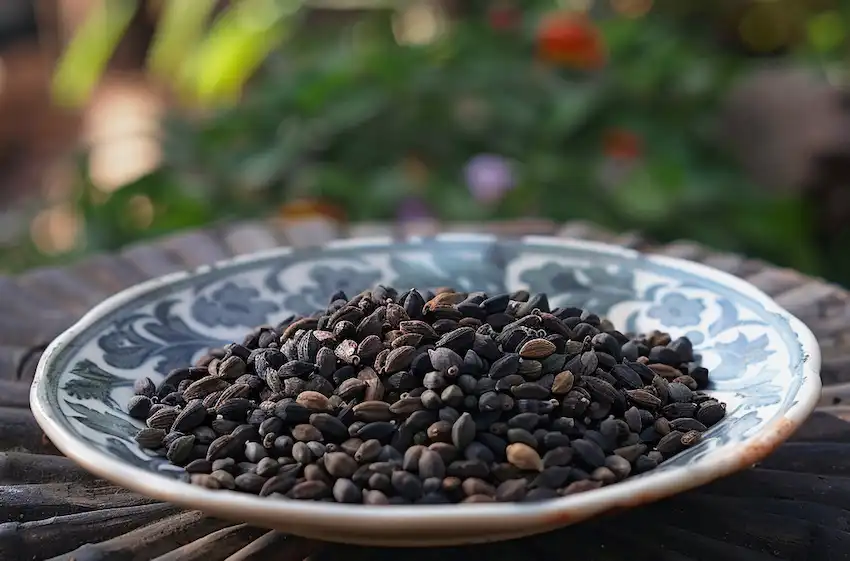
Seed Preparation and Planting
Begin by soaking the cardamom seeds overnight in distilled water to clean and prepare them for germination. Sow these pre-treated seeds shallowly, about an eighth of an inch deep, in a mix that is well-draining and rich in organic material. The seeds need a warm, humid environment to germinate, so maintaining a temperature around 75-95°F (24-35°C) and high humidity is crucial. Covering the pot with plastic can help retain moisture and warmth.
Optimal Growing Conditions
Black cardamom thrives in slightly acidic, rich, loamy soil. It’s a plant that prefers consistent moisture without being waterlogged, so regular watering is necessary, especially during the warmer months. However, it’s important to reduce watering frequency in the winter to prevent over-saturation.
This spice plant demands partial to full shade, avoiding direct sunlight to prevent growth stunting and foliage reduction. Temperature and humidity control are vital, with ideal temperatures between 72°F to 80°F (22°C to 27°C). Using a drip tray filled with pebbles and water beneath the pot can help increase ambient humidity.
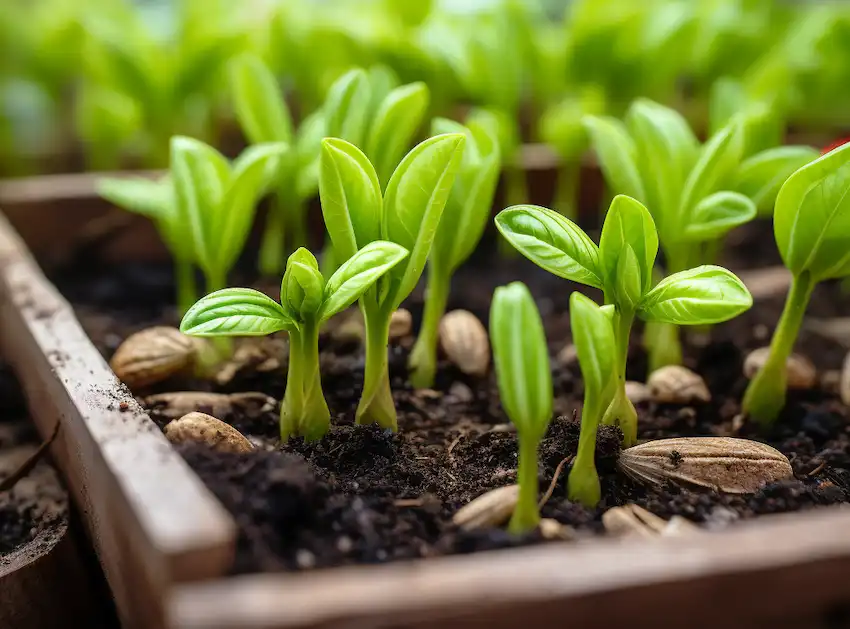
Care and Maintenance
Fertilization is another critical aspect of caring for black cardamom. Apply a nitrogen-rich, low-potassium liquid fertilizer bi-monthly to support its growth. Regular monitoring for pests such as nematodes and thrips, along with diseases like capsule rot, will keep the plant healthy and productive.
Harvesting and Storage
Patience is key when it comes to harvesting black cardamom. Wait until the pods are mature before collecting them. Post-harvest, drying the pods in the sun is a common method to reduce moisture content, though it’s important to ensure they do not bleach out and lose their color.
Culinary and Medicinal Uses
Black cardamom is celebrated for its smoky flavor, making it a popular choice for flavoring soups, stews, curries, and meats. Beyond its culinary applications, it has been utilized in traditional medicine for its potential health benefits, including digestive and respiratory system support.
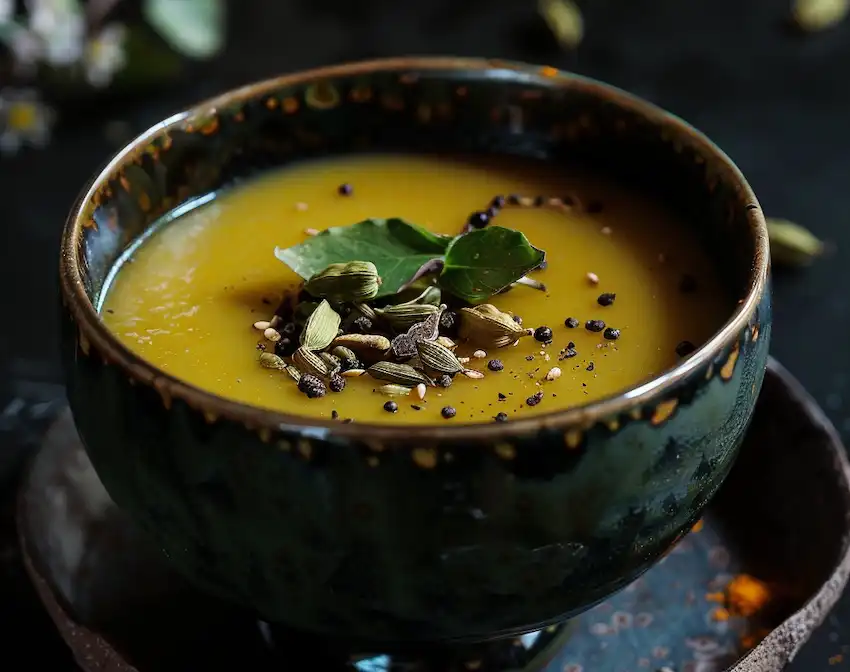
Growing black cardamom at home can be a rewarding venture, offering fresh, flavorful spices right from your garden or windowsill. With the right care, conditions, and a bit of patience, you can enjoy both the growth process and the unique taste it brings to your dishes.



